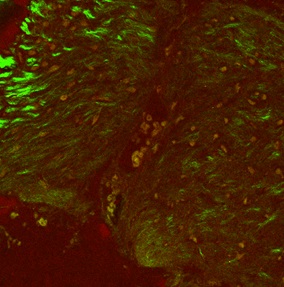SLIDE SUBSTRATE
Possible to integrate:

Microplate

Microscopy glass slide


Cell imaging dishes

Chamber slides
Europium

Excitation 365 nm
Emission 605-635 nm
Fluorescent beads (Size: 175 nm
505nm

Excitation 488 nm
Emission 500-550 nm
545nm

Excitation 531 nm
Emission 570-610 nm
633nm

Excitation 585 nm
Emission 605-645 nm
Glass
Xfold
Glass
Xfold
Glass
Xfold
Glass
Xfold
Excitation 488 | Emission 500-580 nm
We can produce the surface signal (for ex., fluorescence, Europium, and UCNP) enhancing nanostructures on a variety of substrates, such as glass, polycarbonate, and silicon for bioimaging,
optical signals, and diagnostic applications. Other substrate materials can be used on request
Other substrate materials can be used on request
Xfold plasmonic roll
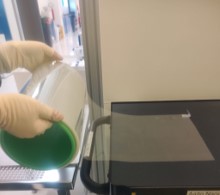
Xfold plasmonic sheet

Substrate material: PET, PC, and COC
Thickness: 125 and 250 um
Surface: Reflective and Transparent
Xfold glass wafer (4inch)
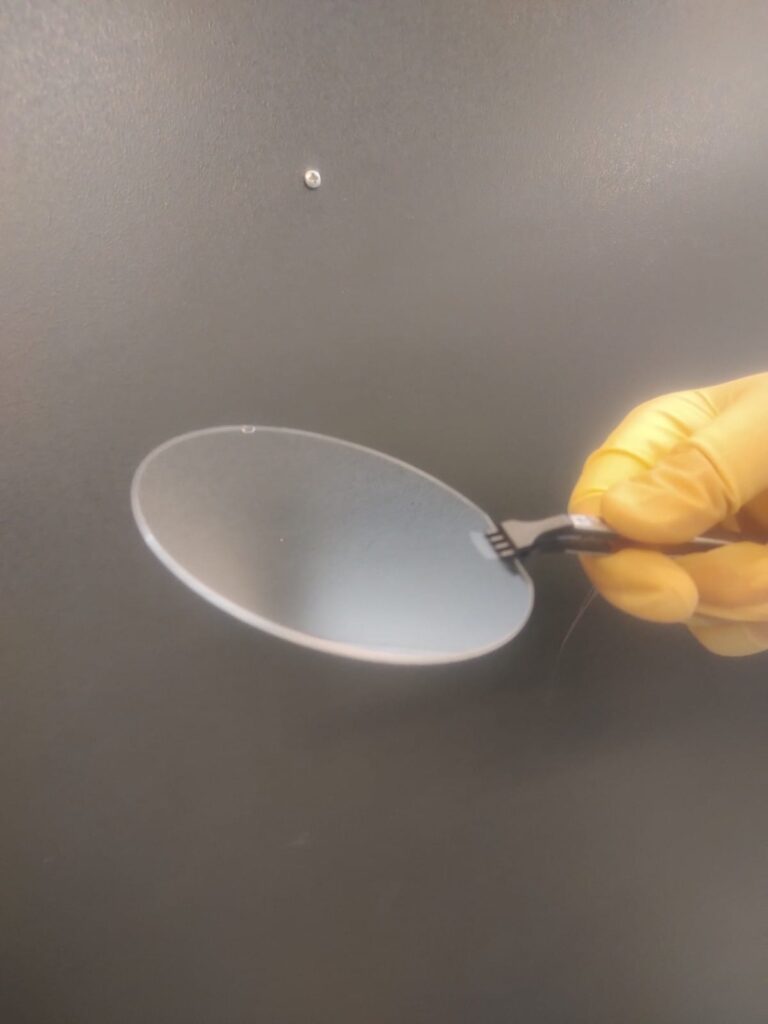
Nanoimprinted
Xfold Polycarbonate sheet (4inch)

Roll-to-roll nanoimprinted
Xfold silicon wafer (4inch)

EBL fabrication
BioImaging
We can culture/grow or fix the cells on the top surface of the Xfold surface enhancer chips for fluorescence microscopy imaging or label-free microscopy (for ex., CARS or SHG) imaging.
Excitation 488 | Emission 500-580 nm
Pump wavelength 817 nm | Stokes wavelength 1064 nm
DIAGNOSTICS
Xfold surface signal enhancer chips can be used in fluorescence, EU, or UCNP detection-based diagnostic applications. Xfold chips can be easily integrated into different platforms from standard microscopy glass slides to microfluidic-based cartridges.
2 µm thick tooth on Xfold chip
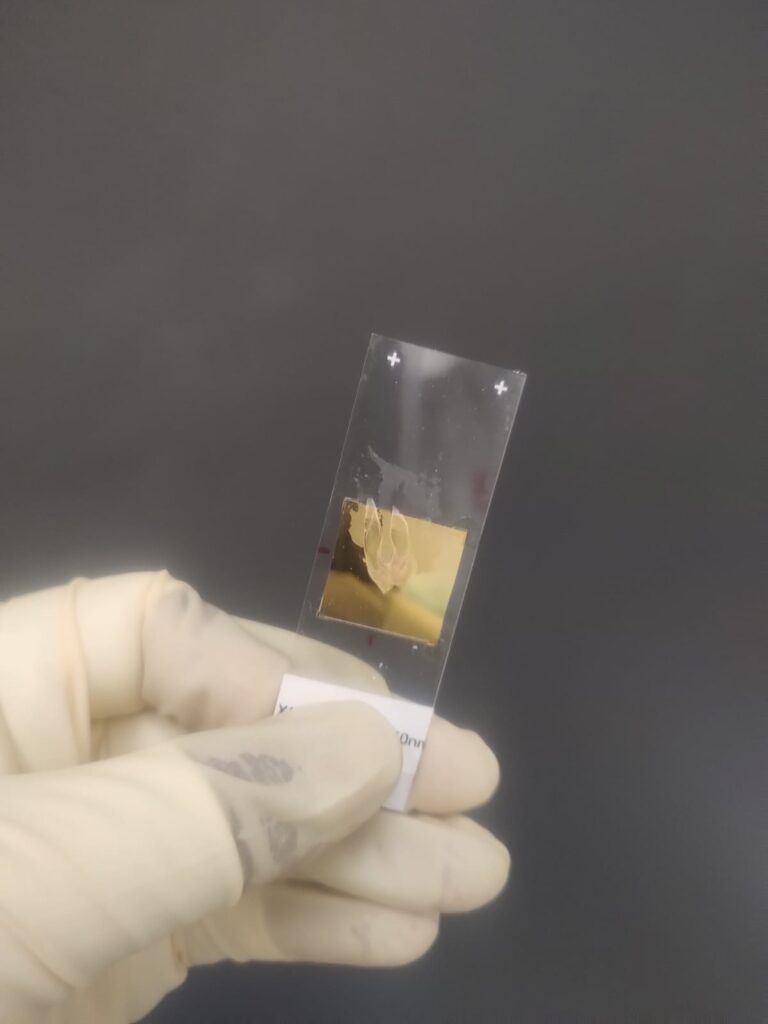
Brightfield
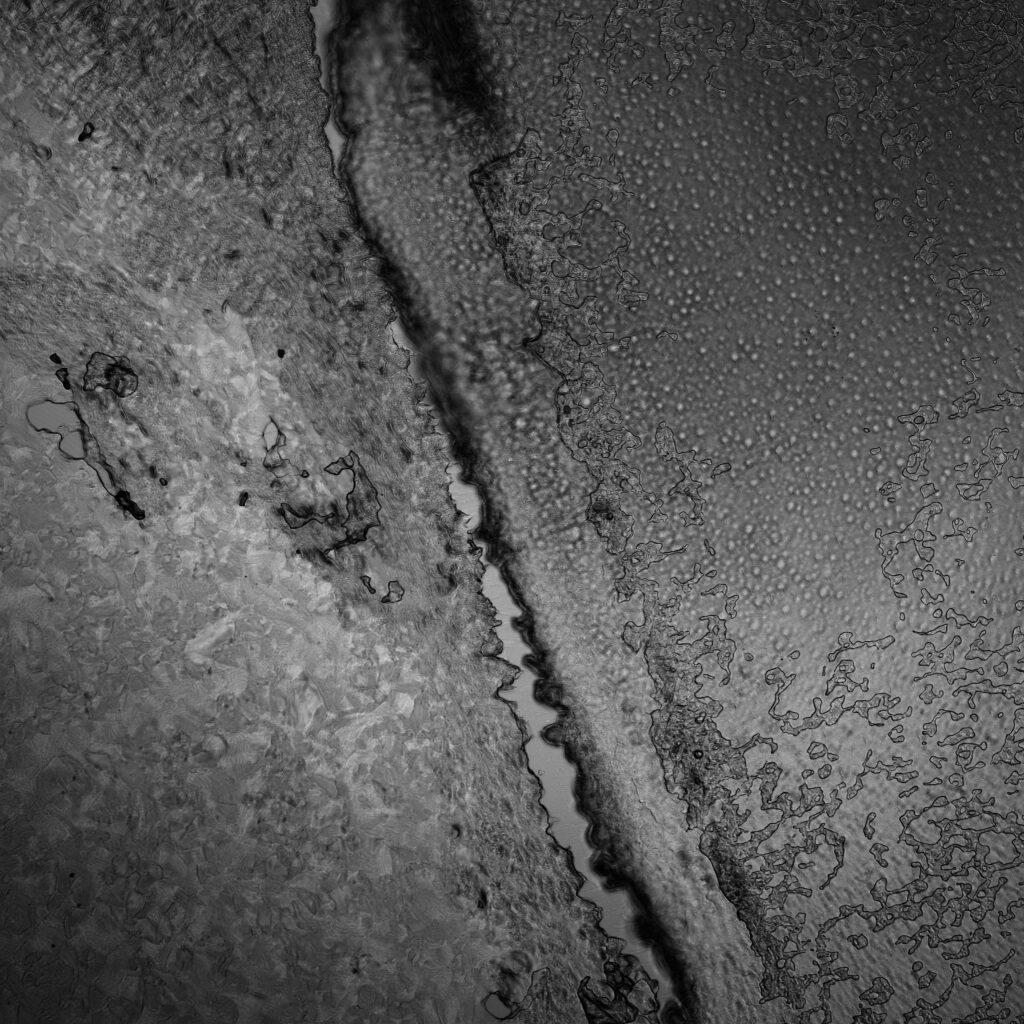
Dentin
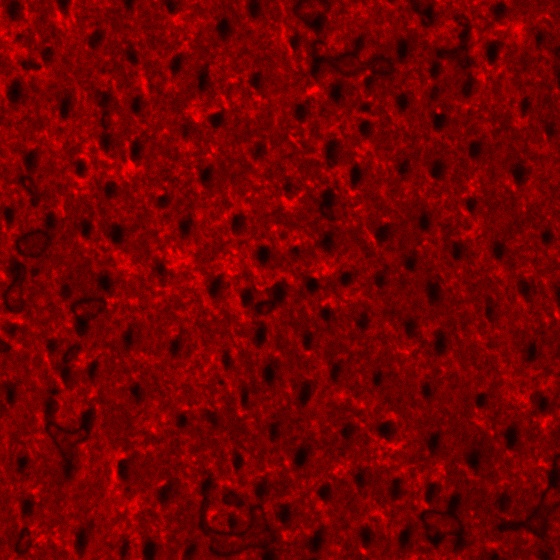
Predentin
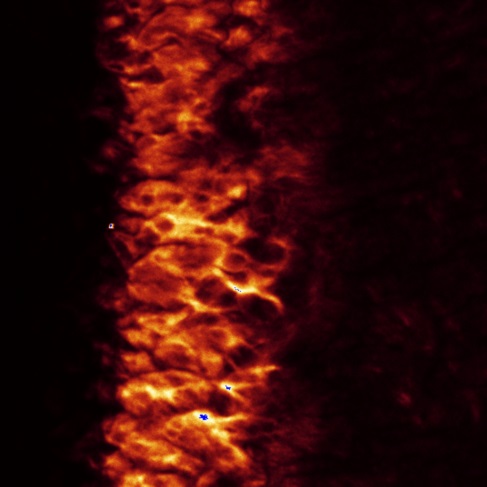
Pulp
